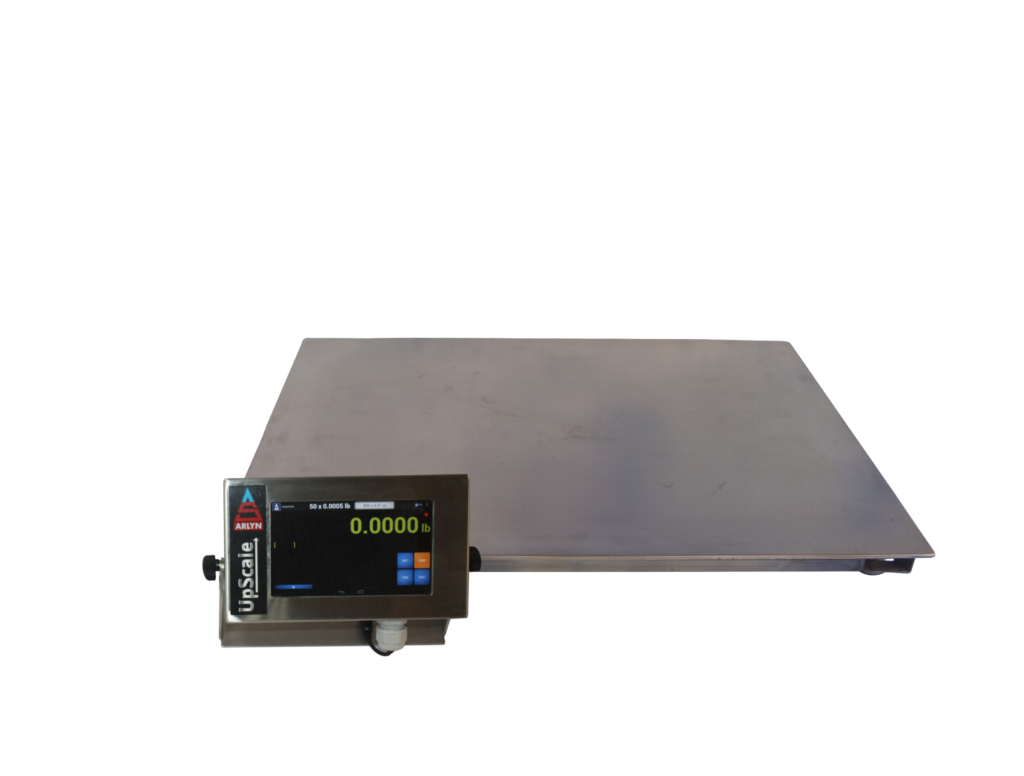
In industrial settings, where precision and durability are paramount, selecting the right scales to withstand extreme weather conditions is crucial. Adverse weather can pose significant challenges, affecting the performance and longevity of scales. This comprehensive guide aims to assist you in making informed decisions when choosing scales to use in tough weather environments.
Understanding the Impact of Weather on Scales
Extreme Temperatures
Temperature resilience is one of the primary considerations when selecting scales for tough weather conditions. Extreme heat or cold can impact the accuracy and functionality of scales. Scales designed for harsh environments often incorporate specialized materials that can withstand various temperatures, ensuring reliable performance regardless of the weather.
Moisture and Humidity
Weather conditions involving high humidity or exposure to moisture can adversely affect scale components. Rust and corrosion are common issues in such environments. Opting for scales with waterproof and corrosion-resistant features becomes imperative to maintain accuracy and prolong the lifespan of the equipment.
Types of Scales Suited for Extreme Weather
1. Heavy-Duty Platform Scales
Heavy-duty platform scales are designed to bear substantial loads while remaining resilient in harsh weather conditions. These scales often feature robust construction with materials like stainless steel, providing resistance against corrosion and ensuring longevity even in extreme outdoor settings. Their large platforms accommodate various load sizes, making them suitable for diverse industrial applications.
2. Weatherproof Bench Scales
For applications requiring a more compact solution, weatherproof bench scales are an excellent choice. These scales are equipped with sealed components to protect against moisture and humidity. The compact design doesn’t compromise accuracy, making them versatile for use in challenging weather without sacrificing precision.
3. High-Capacity Floor Scales
High-capacity floor scales are indispensable in industries where heavy loads are a norm. These scales boast sturdy construction and are designed to handle substantial weights. Additionally, they incorporate features such as load cells with high precision and durability, ensuring accurate readings even in extreme weather conditions.
4. Crane Scales with Environmental Protection
For industries that involve lifting and transporting heavy loads using cranes, scales with environmental protection features are essential. These scales have advanced sealing mechanisms to shield sensitive components from the elements. Their robust design ensures reliable performance, making them ideal for use in challenging outdoor environments.
5. Portable Scales with Rugged Features
In scenarios where mobility is key, portable scales with rugged features are invaluable. These scales are designed for easy transport while maintaining durability. Look for features like reinforced casings and sturdy handles, ensuring that the scales can endure outdoor use rigours without compromising accuracy.
Key Features to Look for in Scales for Tough Weather Conditions
1. IP Rating
Scales with a high Ingress Protection (IP) rating offer superior protection against dust and moisture. The IP rating consists of two digits – the first indicating resistance to solids and the second indicating resistance to liquids. A higher IP rating ensures better protection against environmental factors.
2. Material Quality
Opt for scales constructed from high-quality materials such as stainless steel or aluminum, known for their corrosion resistance. These materials not only enhance the scale’s durability but also contribute to its ability to withstand extreme weather conditions.
3. Sealed Load Cells
Load cells are critical components of scales, and sealing them is essential for preventing moisture infiltration. Scales with sealed load cells are better equipped to handle challenging weather environments, ensuring accurate measurements over an extended period.
4. Temperature Compensation
Scales featuring temperature compensation mechanisms adjust for temperature variations, maintaining accuracy in fluctuating weather conditions. This feature is significant in environments where temperature extremes are common.
Maintenance Tips for Scales in Harsh Weather Environments
Regular Inspections: Conduct routine inspections to identify wear, corrosion, or damage signs. Addressing issues promptly can prevent more extensive damage.
Cleaning: Keep scales clean from debris, dust, and moisture. Regular cleaning extends the life of the equipment and ensures accurate readings.
Calibration: Schedule regular calibration sessions to verify the accuracy of the scales. Calibration becomes especially crucial in environments with extreme temperature fluctuations.
Storage: When scales are not used, store them in protected environments to shield them from harsh weather elements. Proper storage can significantly prolong the lifespan of the equipment.
Conclusion
Choosing the right scales to use in tough weather conditions requires careful consideration of environmental factors, load requirements, and durability. Investing in scales designed for tough weather environments ensures reliable and accurate measurements, contributing to the efficiency and longevity of industrial operations. By understanding the impact of weather on scales and selecting equipment with the appropriate features, businesses can mitigate risks and enhance the performance of their weighing systems in even the harshest conditions.
Leave a Reply